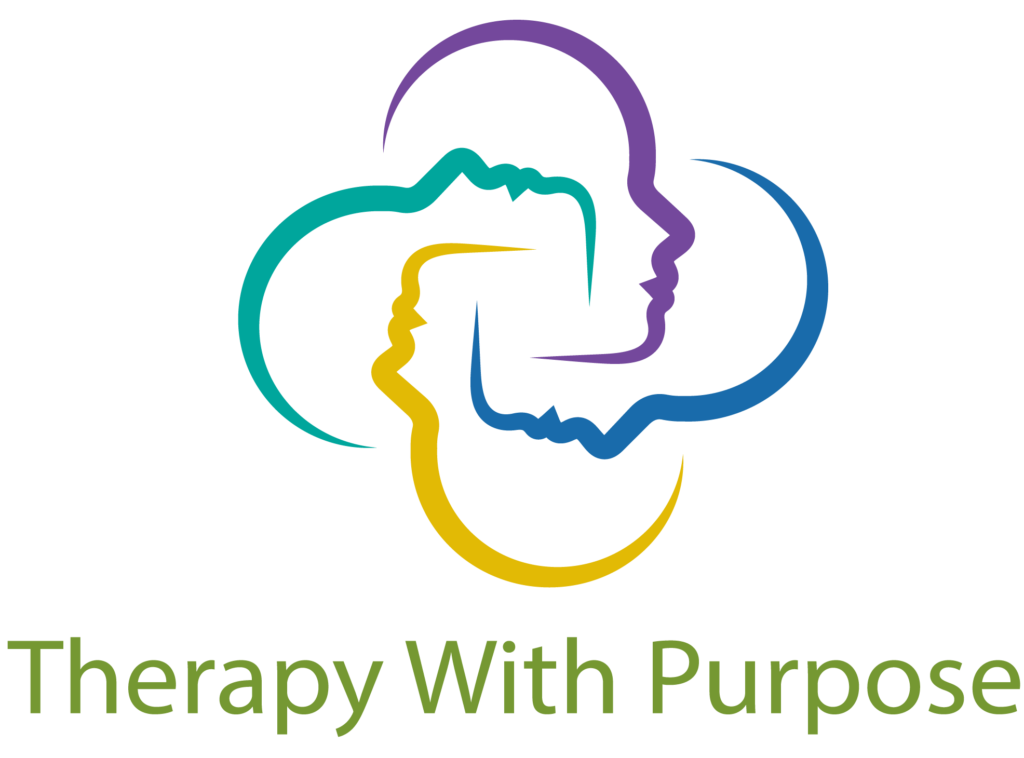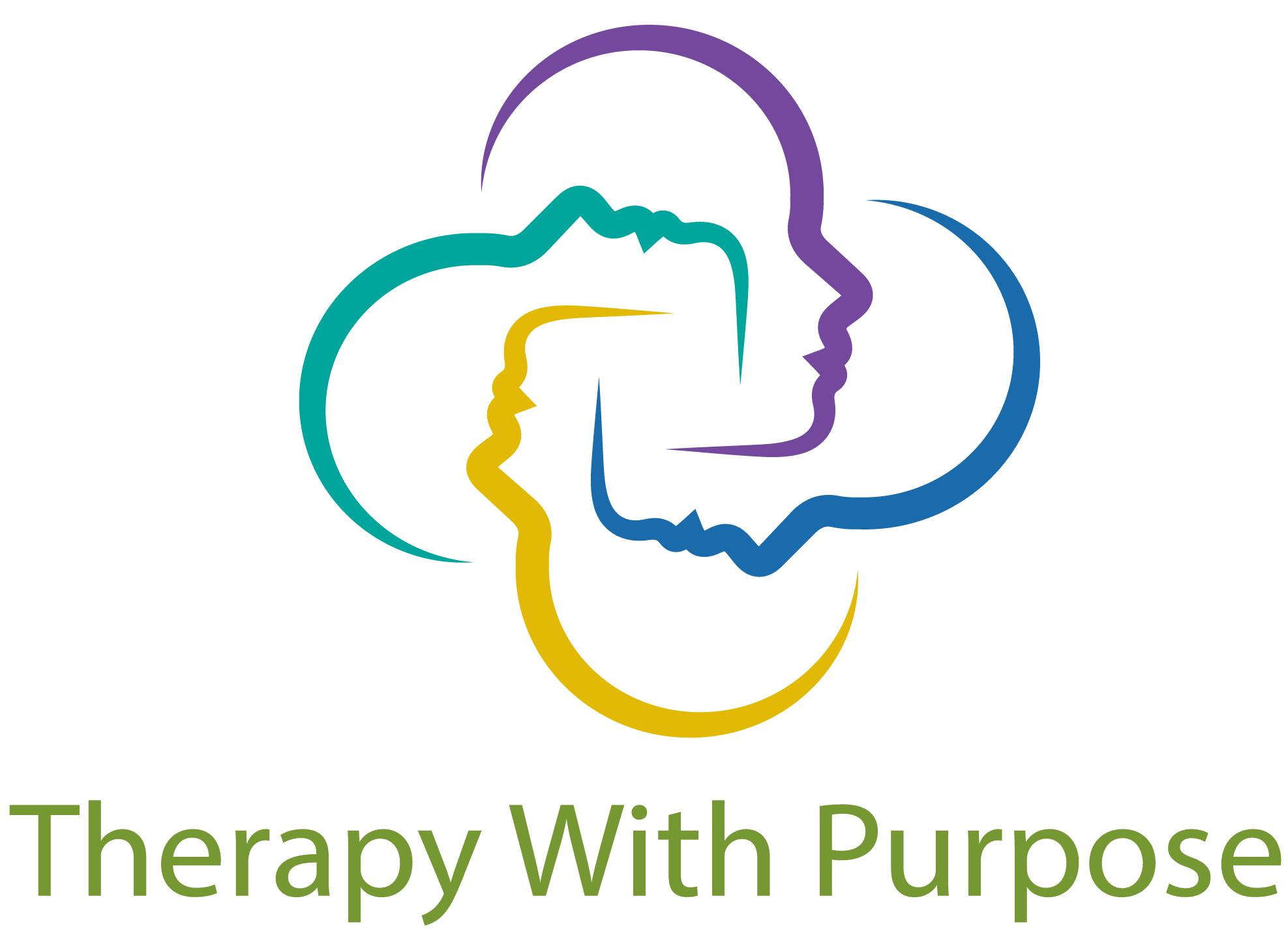Our Services
Empathy. Purpose. Care
Individual Therapy
Individual therapy offers a confidential space where you work directly with a licensed therapist to explore and address personal concerns. This one-on-one approach helps you understand your thoughts, behaviors and emotions, main insights, set goals, and develop effective strategies for achieving personal growth and emotional well-being.
Family Therapy
Family therapy involves working with a licensed therapist to address and resolve issues affecting family dynamics. It helps family members improve communication, understand each other’s perspectives, and strengthen relationships, fostering a healthier and more supportive family environment.
Couples Therapy
Couples therapy offers a supportive environment where partners facing relationship challenges come together to share experiences and insights. Led by a trained therapist, this collaborative approach helps couples strengthen communication, gain diverse perspectives, and develop effective strategies for resolving conflicts and improving their relationship.
Group Therapy
Group therapy offers a supportive environment where individuals with similar challenges come together to share experiences and insights. Led by a trained therapist, this collaborative approach helps participants build connections, gain diverse perspectives, and develop effective coping strategies.
Psychiatry Services
Psychiatry services specialize in prescribing and managing medications to treat mental health disorders, tailoring treatment plans to address individual needs and promote long-term recovery.
Behavior Coaching
Behavior coaching involves guiding and supporting young individuals in developing positive behaviors, improving social skills, and managing emotional challenges through tailored strategies and consistent reinforcement.
Life Skills
Life skills equip individuals with essential abilities, such as communication, problem-solving, decision making, time management and self-care, empowering individuals to manage daily responsibilities and build independence.
Who We Serve
Children, Adolescents, Adults, and Other Adults (65+)
Who We Support
Anxiety Disorders
Generalized Anxiety Disorder (GAD): Persistent, excessive worry about various aspects of life.
Panic Disorder: Recurrent, unexpected panic attacks and intense fear.
Social Anxiety Disorder: Extreme fear of social situations or interactions.
Specific Phobias: Intense fear of specific objects or situations.
Trauma- and Stressor-Related Disorders
Post-Traumatic Stress Disorder (PTSD): Persistent symptoms following a traumatic event, including flashbacks, nightmares, and hypervigilance.
Acute Stress Disorder: Severe anxiety and dissociation occurring within a month of a traumatic event.
Adjustment Disorders: Emotional or behavioral symptoms in response to a specific stressor or life change.
Attention-Deficit/Hyperactivity Disorder (ADHD)
Inattention: Difficulty sustaining attention and following through on tasks.
Hyperactivity and Impulsivity: Excessive fidgeting, restlessness, and impulsive decision-making.
Mood Disorders
Depression: Persistent feelings of sadness, hopelessness, and loss of interest or pleasure.
Bipolar Disorder: Extreme mood swings, including emotional highs (mania) and lows (depression).
Personality Disorders
Borderline Personality Disorder (BPD): Instability in emotions, relationships, and self-image, often accompanied by impulsive behavior.
Narcissistic Personality Disorder: Pattern of grandiosity, need for admiration, and lack of empathy.
Antisocial Personality Disorder: Disregard for others’ rights and societal norms, often leading to manipulative or criminal behavior.
Grief and Loss
Bereavement: Emotional response to the death of a loved one, including intense sadness, anger, or guilt.
Complicated Grief: Persistent, debilitating grief that interferes with daily functioning.
Obsessive-Compulsive and Related Disorders
Obsessive-Compulsive Disorder (OCD): Recurrent, intrusive thoughts (obsessions) and repetitive behaviors (compulsions) performed to alleviate anxiety.
Body Dysmorphic Disorder: Preoccupation with perceived defects or flaws in physical appearance.
Hoarding Disorder: Difficulty discarding or parting with possessions, leading to clutter that disrupts living spaces.
Substance-Related and Addictive Disorders
Substance Use Disorders: Dependence on or addiction to substances like alcohol, drugs, or prescription medications.
Gambling Disorder: Compulsive gambling behavior that disrupts life and responsibilities.
Self-Esteem Issues
Low Self-Esteem: Persistent negative self-perception and lack of confidence.
Self-Harm: Deliberate self-injury as a coping mechanism.
Relationship Issues
Couples Therapy: Addressing conflicts, communication problems, and intimacy issues in romantic relationships.
Family Therapy: Improving dynamics, communication, and functioning within families.

